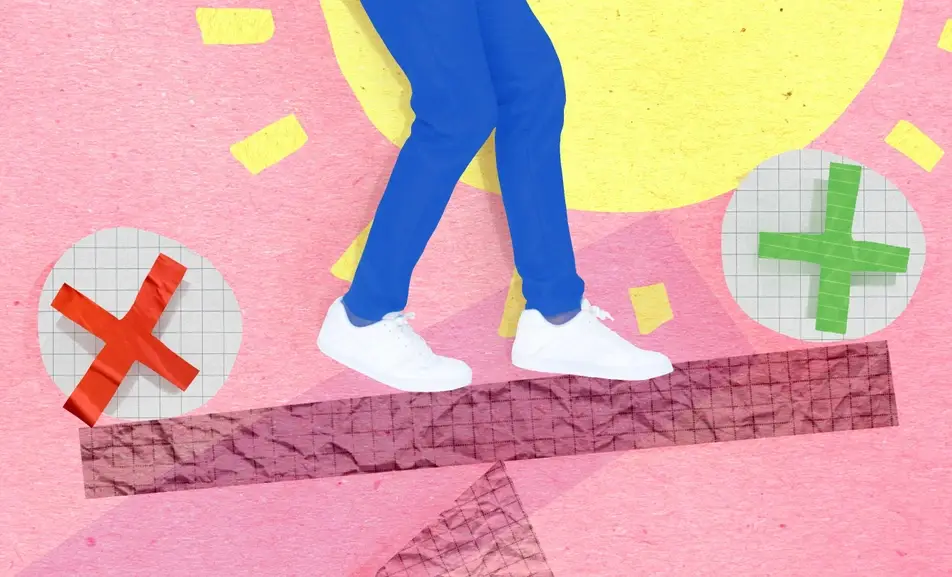"What Are Your Strengths and Weaknesses?" | Interview Q&A

As an interviewee, you'd probably be thrilled to never have to respond to the "What are your strengths and weaknesses" question ever again, but alas, it's almost definitely here to stay. So rather than wing it when one of these questions comes your way, map out a professional and honest answer. Here's how to tackle these questions while avoiding the more common clichés and self-deprecating responses.
What are your greatest professional strengths?
While you may have a long lists of strengths—professional and otherwise—that you're quite proud of, you'll want to be sure that you choose two or three that relate to the position for which you're interviewing and that if asked, you could speak to at length. Here are some of the strengths you'd want to highlight depending on the type of role you're going for:
- Development/fundraising: Good with numbers, negotiator, relationship builder, connector, organized
- Management: Motivator, giving actionable feedback, collaborative leader
- Marketing/communications: Creative, communicator, able to bring teams together from across an organization
- Direct-service/people person: Put people at ease, energized by the work, relationship builder, team player
You get the idea. You wouldn't want to highlight your knack for teamwork if you're interviewing for a job you know full well sits in a bit of a silo, just as you wouldn't necessarily mention an affinity for coding if you're trying to land a role in community outreach and organizing. Of course, a strength is a strength, but if it's unrelated to the job at hand, it won't quite check the box for an interviewer. You'll also leave them with more questions than answers about whether you're really a fit.
What are your biggest weaknesses?
Let's get right to it. Your favorite, well-intentioned humblebrag—“I’m a perfectionist”—holds a coveted position at the top of many a hiring manager list of most-hated responses.
So, what to say instead? Let things get a little real.
Highlight something that you know needs a bit of work. The trick is to make sure it's something that you're actually working on. If you’re more comfortable with the details than you are with strategy, share that you’re detail-oriented and working to find a balance between focusing on bigger picture items and the poring over the small stuff. Have you noticed that your meetings don’t always result in an action item or a next step? Hint at the weakness, but also share your action plan to address the issue. Perhaps you're watching webinars on meeting moderation or you're reading a book about project management. Share what you're already doing to address that weakness. Bonus points for a fix that you’ve already implemented with positive results.
***
Did you enjoy this post? Get more tips from our Interview Q&A series.
As the Associate Director of Marketing and Communications at Idealist and a lifelong nonprofit professional, Alexis offers job seekers, game changers, and do gooders actionable tips, career resources, and social-impact advice.


